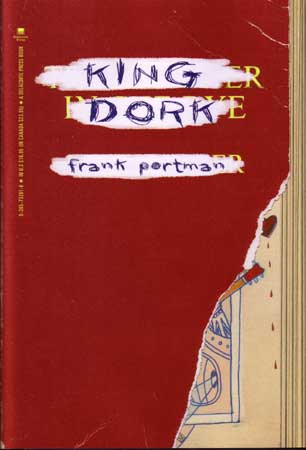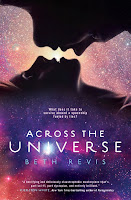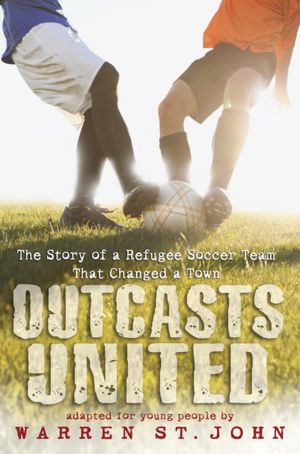Oh my, how I loved David Levithan's Boy Meets Boy. I'm not sure I can say much about it, because I don't want to say it wrong. The romance between Paul and Noah is delightful (and I swooned when Paul described Noah as his "until"). This book made me cry more than once, but especially when Tony stood up to his mom and then broke down...it killed me. Seriously. I can't talk rationally about this book at all. I loved it. Let's move on...
...to Dreamland, by Sarah Dessen. Dessen is a really popular author in our library, but before this, I didn't really know much about her. I just assumed, from the girls who were checking out her books and the incredibly generic cover art, that she was writing inconsequential romances. Which was not great on my part - I can admit it. It took me a while to really get into this book. Until about halfway in, I really didn't like any of the characters (except Boo and Stewart) and I was annoyed with Caitlyn (it's never good to find your narrator annoying). I didn't get her fascination with Rogerson (and his name is Rogerson, for crying out loud), or why she wanted to spend time with him on drug runs and getting high (to be honest, I'm still not totally clear on that). The second half was like an entirely different book - maybe it was intentional, lulling the reader into the same stupor that Caitlyn found herself in, only to smack them awake and leave them white-knuckled and anxious for the rest of the book. Because seriously, the second half of the book was a psychological thriller, and Caitlyn's terror and shame were palpable. As frustrating as the first half was, I still think this is a pretty good book, and an important topic.
Side note: Dreamland was published when I was in high school, making me approximately Caitlyn's age. So many of the little details were particularly familiar and weirdly nostalgic.
Not a book for class (the other three are). I just really wanted to read it. Erin Jade Lange's Butter is about an obese (423 lbs) teen who decides to kill himself by eating himself to death, live on the internet. For all of that, it is surprisingly uplifting. I'm not sure what else to say about it, without giving a lot away. I liked that the characters were fairly complex - the narrator, nicknamed Butter after a cruel incident of bullying, is not always likable; the bullies are not always horrible. I thought the ending was a little trite, but I have very few complaints otherwise.
Last, and, sorry to say, least, is Twilight. I had vowed to skip this one, so imagine my dismay when it turned up on my class reading list. Ugh. It is 75% dragging and tiresome, with about 25% halfway decent story buried within all that. It would benefit greatly from some ruthless editing. And from a lot less creepiness and traditional gender norms. Blergh. I don't usually think about the length of books, especially YA books. In fact, there are a lot of 500-700 page YA books that I can get through in a day or two. I read this one fast, but it felt loooooooooooooong.


























